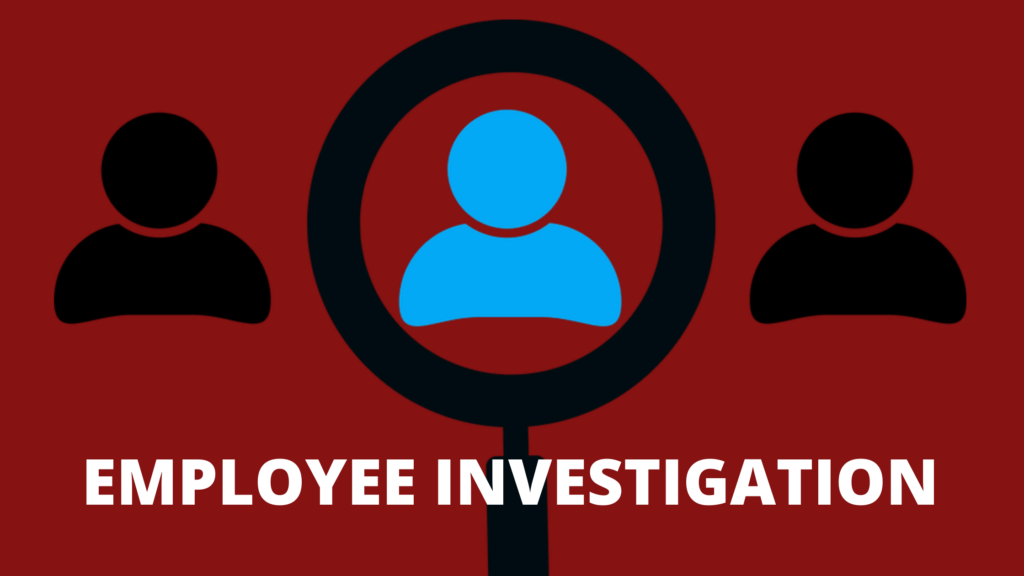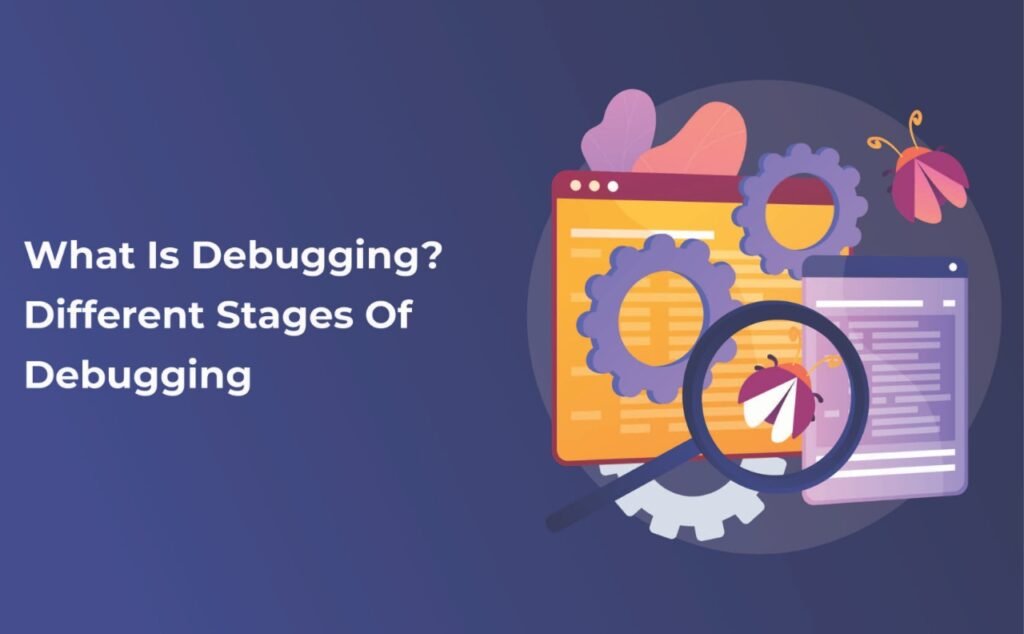Over the last few decades, globalization, rapid technological progress, and economic reforms have caused India’s business world to change in big ways. Even though this change is positive, it has made the business ecosystem much more complicated and open to threats. Companies today work in a world with more competition, changing rules and regulations, and higher expectations from all stakeholders. Because of these things, finding and dealing with risks is important for keeping an organization’s integrity and strength.
Corporate investigations are a crucial way to lower these risks. Organizations can protect their reputation, make sure they are following the rules, and ensure their long-term success by proactively finding and fixing wrongdoing, fraud, or inefficiency. This article goes into excellent detail about the different kinds of corporate risks that exist in India and how investigations are essential for lowering them.
Understand Corporate Risks in India
Types of Corporate Risks
- Financial Risks: Fraud, embezzlement, and accounting irregularities.
- Regulatory Risks: Non-compliance with local and international laws.
- Operational Risks: Internal theft, process inefficiencies, and supply chain disruptions.
- Reputational Risks: Impact of scandals on public trust and brand value.
Risks of Regulation
- India’s rules and regulations are complicated and change all the time. Companies have to deal with problems like
- Non-compliance means not following local and international rules, like tax laws, environmental standards, and rules that are specific to your industry.
- Penalties and lawsuits: Breaching regulations can cause a lot of damage to your finances and reputation.
Risks in operations
- Inefficient operations can stop a business from running normally. Some examples are
- Internal theft occurs when an employee misuses or steals company property.
- Process inefficiency results from poorly set up workflows, which raises costs and reduces productivity.
- Supply Chain Disruptions: Unreliable vendors make it challenging to get materials or deliver goods.
Reputational Risks
- The reputation of a business is one of its most valuable assets. Some risks are:
- Scandals occur when unethical behavior becomes public.
- A loss of trust happens when stakeholders lose faith in a business because of adverse press or unhappy customers.
Why risks happen
- Rapid economic growth and globalization: India’s rise to become a world economic powerhouse has both pros and cons. Businesses face a wide range of problems as international trade and investments grow.
- Technological Progress: Technology makes things more efficient, but it also brings risks like cyberattacks, data breaches, and weak spots in IT infrastructure.
- Regulators are exercising more strict oversight: As corporate governance gains importance, they are holding companies more accountable than ever.
What investigations can do to help lower risks?
What Do Corporate Investigations Mean?
Corporate investigations are organized efforts to find and deal with wrongdoing inside or outside the company. The goals of these steps are:
- Find Misconduct: Find cases of fraud, corruption, or unacceptable behavior.
- Assess Risk Exposure: Figure out how harmful the risks and weaknesses you’ve found are.
Important Goals of Investigations
- Investigating Fraud and Unethical Behavior: Investigations reveal the types of fraud occurring and the individuals responsible for them.
- Ensuring compliance: Companies can stay out of trouble and avoid lawsuits by adhering to the law and their own rules.
- Finding System Vulnerabilities: Doing proactive investigations can help you find weak spots in IT systems or operational processes that could let risks in.
Key Areas of Corporate Investigations in India
Forensic Accounting and Financial Audits
- Detecting fraud in financial statements.
- Tracing misappropriation of funds.
Due Diligence Investigation
- Partner and Vendor Assessment: Determining the reliability and scale of a business partner is crucial.
- Prospects for M&A include conducting thorough checks before mergers and acquisitions to avoid risky companies.
Cybersecurity Investigations
- Keeping data safe means finding and fixing the holes that hackers use to get in and launch attacks.
- Insider threats include finding employees or other important people who misuse their access to private data.
Investigating HR and the Workplace
- Concerning harassment and discrimination claims, handling workplace complaints is important for creating a safe and welcoming space.
- Internal fraud means looking into cases of wrongdoing or conflicts of interest within an organization.
Legal and Regulatory Framework in India
Take a look at some important laws that apply to corporate investigations.
- Companies Act, 2013: Requires corporate governance and accountability measures, such as finding and reporting fraud.
- The Prevention of Corruption Act of 1988 deals with bribery and corruption, especially when dealing with government officials.
- The IT Act of 2000 covers cybercrime, data protection, and the use of electronic evidence in court.
- SEBI Regulations: The purpose of these regulations is to prevent insider trading and maintain an open and transparent stock market.
Potential Problems with the Law
Although these laws provide a strong base, problems like slow enforcement, unclear rules, and a lack of coordination between regulatory bodies make them less useful.
Discover the most effective methods for conducting corporate investigations and achieving outcomes.
- Establishing Clear Rules: Businesses must establish clear guidelines on acceptable behavior, risk management, and problem reporting.
- Technology: AI, data analytics, and forensic software are some of the more advanced tools that can help with investigations.
- Using Outside Experts: Utilizing outside experts can be beneficial in complex cases due to their objectivity and extensive experience.
- Training Employees: Regular training sessions help employees spot early signs of risks and know how to report them correctly.
What are the pros and cons of corporate investigations?
Pros
- Risk mitigation aims to minimize financial losses and legal exposure.
- Better Transparency: This makes stakeholders trust each other more.
- To prevent problems from recurring, a detective agency can help strengthen internal controls by providing insights and lessons learned from thorough investigations.
Cons
- Costs: In-depth investigations can put a strain on money.
- Disruption: Investigations may stop business operations for a short time.
- Effects on Reputation: Letting the public know about an investigation can hurt a company’s image, even if it comes out of it unscathed.
What does the future hold for reducing risk in India’s business world?
- Trends on the Rise: Advances in AI, blockchain, and advanced forensic tools are revolutionizing the field of investigations.
- Collaboration: Private groups and regulatory bodies can share information and enforce the law better if they work together more closely.
- Ethical Culture: Promoting honesty and morals at all levels of an organization builds trust and longevity.
In conclusion
Since risks change as quickly as opportunities, investigating them is smart and necessary. Organizations require robust frameworks to identify, address, and mitigate risks, safeguarding their reputation and ensuring adherence to regulations. Indian companies can handle tough situations with confidence and strength by putting money into investigating tools and promoting a culture of honesty.
Advance Detective Agency, the best detective agency in India, has unmatched expertise in corporate investigations for businesses that need professional help. They offer a wide range of services, such as forensic audits, cybersecurity, due diligence, and more. This makes them a reliable partner in lowering risk. Work with the Advance Detective Agency to protect the future of your business.



